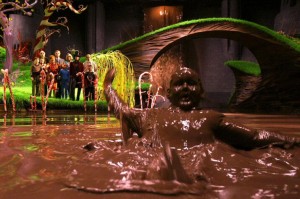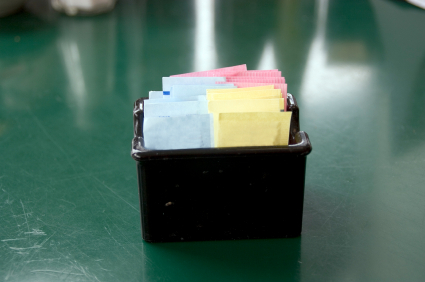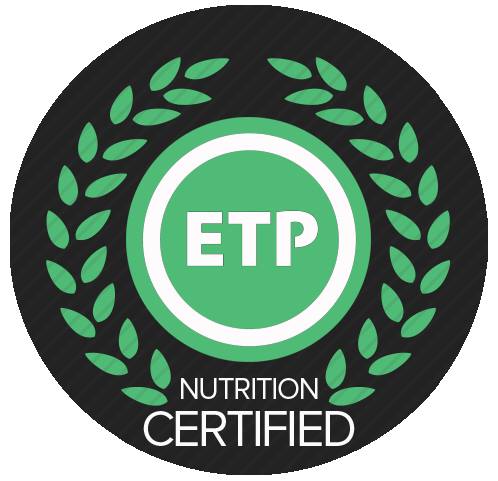Back in my days of heavily disordered eating, Splenda was my crutch. I wanted everything to taste sweet (extremely sweet), but I wasn’t willing to “spend” my calories on sugar. I put Splenda in several cups of coffee throughout the day, in addition to using sugar free coffee creamers that contained Splenda. I sweetened ricotta and cottage cheese with Splenda and called it dessert. I baked with it, cooked with it, made smoothies with it, and carried it everywhere with me.
Let’s just say that I was heavily reliant on Splenda (also known as ‘sucralose’). In addition to Splenda, I consumed tons of food and drinks that contained other artificial sweeteners like aspartame, saccharin, and neotame. At the time, this just seemed normal. My mother was a diabetic for most of my life, so we always had sugar free products hanging around the house. We’d often stuff ourselves full of Sugar Free Twizzlers and Root Beer Barrels. It was fun…but that’s another story for another day.
When I started treatment for my eating disorder and the team told me that I was going to have to quit my artificial sweetener habit cold turkey, I immediately went into a brain ceasing panic attack. I envisioned my new life void of artificial sweeteners, and I was scared. It conjured up images of a plumper version of myself, in a Wonka-like factory setting, floating down a chocolate river while everyone looked on concerned.

I really believed that artificial sweeteners were my saving grace.
“Thank you Jebus for this Splenda! Without it, I’d weigh 600 pounds!”
As with all of the other suggestions that my treatment team made, I thought that the recommendation of quitting my artificial sweetener habit was a little extreme, but I did it anyway. Putting my trust in them was the only way that I could get better, but I still thought they were full of ish.
In addition to cutting my coffee consumption back to one cup per day, I stopped using sugar free creamer, and began using a teaspoon of sugar instead of Splenda. I liked it. I really really liked it. As a coffee lover, I noticed that it brought out the flavor of the coffee even more, and this was a good thing.
In the 4 years since I began treatment, I’ve had products containing artificial sweeteners a few times (it’s difficult not to), but I hadn’t used Splenda at all during that time. I went to the bagel shop this past Saturday for a cup of coffee, and they were out of sugar (p.s…what bagel shop runs out of sugar?). I could’ve just drank my coffee black, but I decided to make it into an experiment, so I grabbed two packets of Splenda and dumped them in.
The outcome? I hated it, yo.
I wasted the entire cup of coffee because it tasted horrible. It’s amazing how our tastes change over time as it pertains to these chemically-laced food additives. Personally, after removing processed foods from my diet (for the most part), they just don’t taste ‘right’ anymore. Something always seems a little off.
Since I’m now earning my masters degree in holistic nutrition, the topic of artificial sweeteners has come up several times in my studies. From what I’ve been reading, it makes me thankful that I kicked my habit a couple of years ago. Of course there is conflicting information about whether artificial sweeteners are good or bad, but I tend to believe Dr. Mercola’s account of the dangers of artificial sweeteners.
Personally, I can’t be an authority on anything research related, but I prefer to err on the side of overly-cautious when it comes to food additives. Since the FDA hasn’t done any lifelong studies of the affects of artificial sweeteners on the general population, there’s really no way to tell if products of this sort don’t act in a “killing me softly” sort of way. I’d rather be safe than sorry.
I still use a teaspoon of sugar in my coffee every morning. I haven’t blown up like a balloon as a result, and I don’t recall ever floating down that chocolate river.
Although it doesn’t sound like such a bad idea in hindsight.






